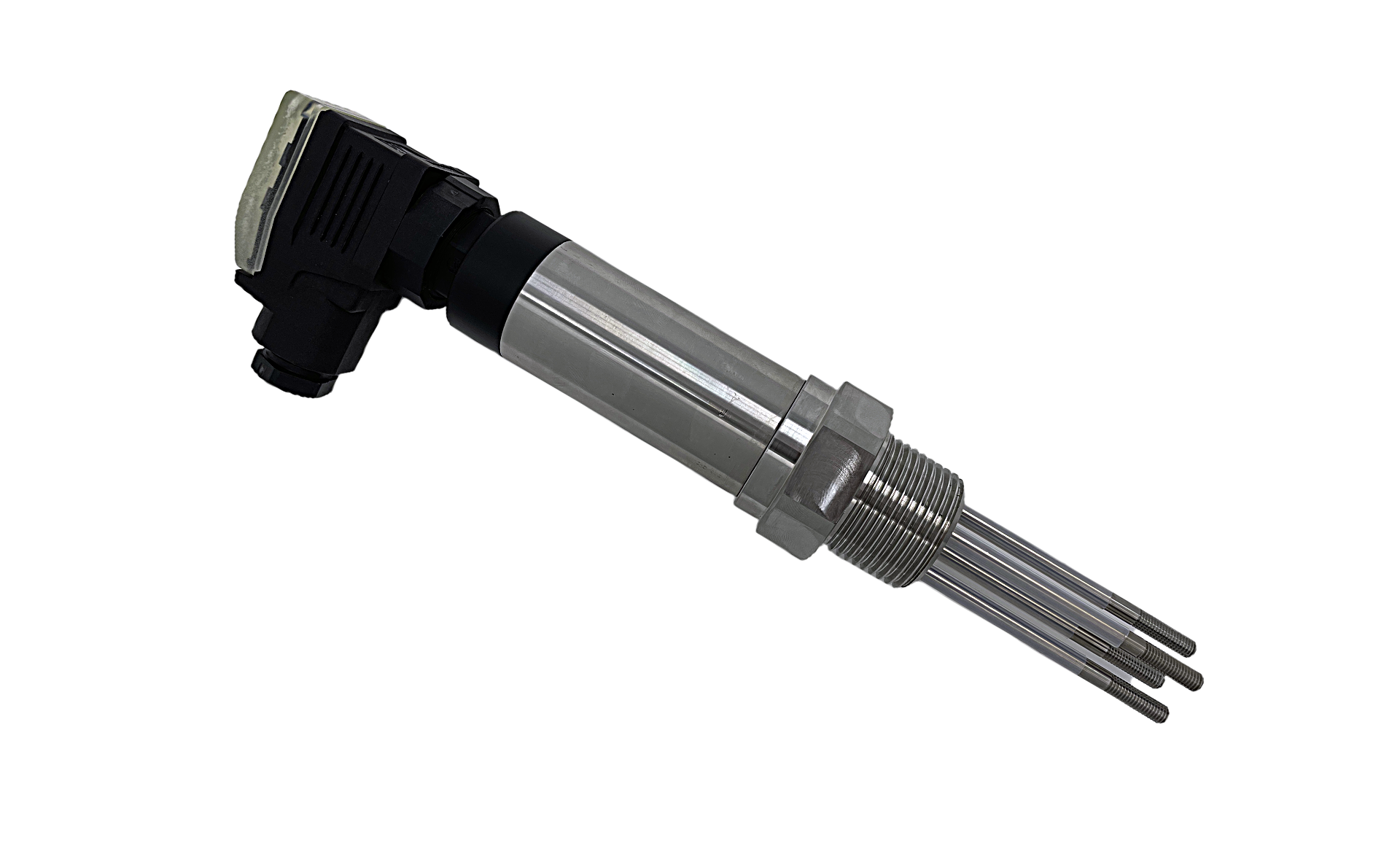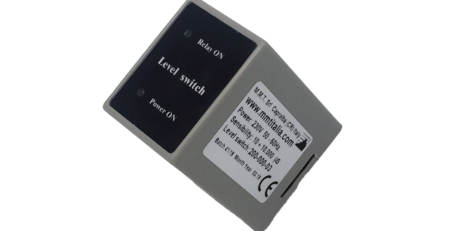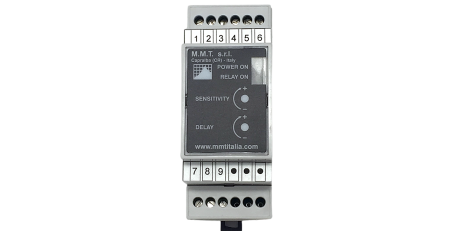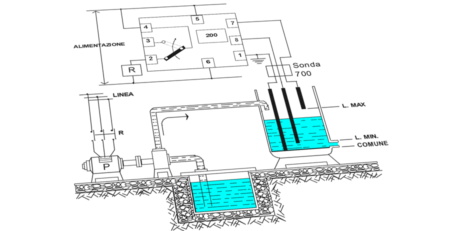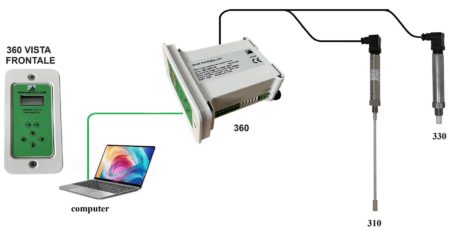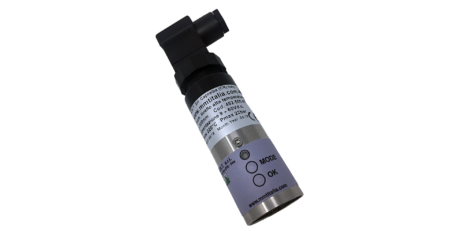The Fundamentals of Level Probes
Level probes, also known as level sensors or level transmitters, are sophisticated devices designed to detect and measure the height of liquids, powders, or granular materials within a container.
These instruments convert the physical presence of a substance into an electrical signal, which can then be interpreted by control systems to manage processes, trigger alarms, or provide visual feedback to operators.
The primary function of a level probe is to offer precise information about the quantity of material present in a given vessel.
This data is crucial for a multitude of reasons, including:
- Inventory management: Accurate level measurements enable efficient stock control and timely replenishment of materials.
- Process control: Many industrial processes require precise control over fluid levels to maintain quality and efficiency.
- Safety: Level probes can prevent overfilling or running dry, which could lead to equipment damage or hazardous situations.
- Environmental compliance: In industries handling potentially harmful substances, level probes help ensure proper containment and prevent spills.
Level probes come in various forms, each tailored to specific applications and environments. The choice of probe depends on factors such as the properties of the measured substance, the container's characteristics, and the required accuracy and reliability of measurements.
Discover our selection of level probes:

